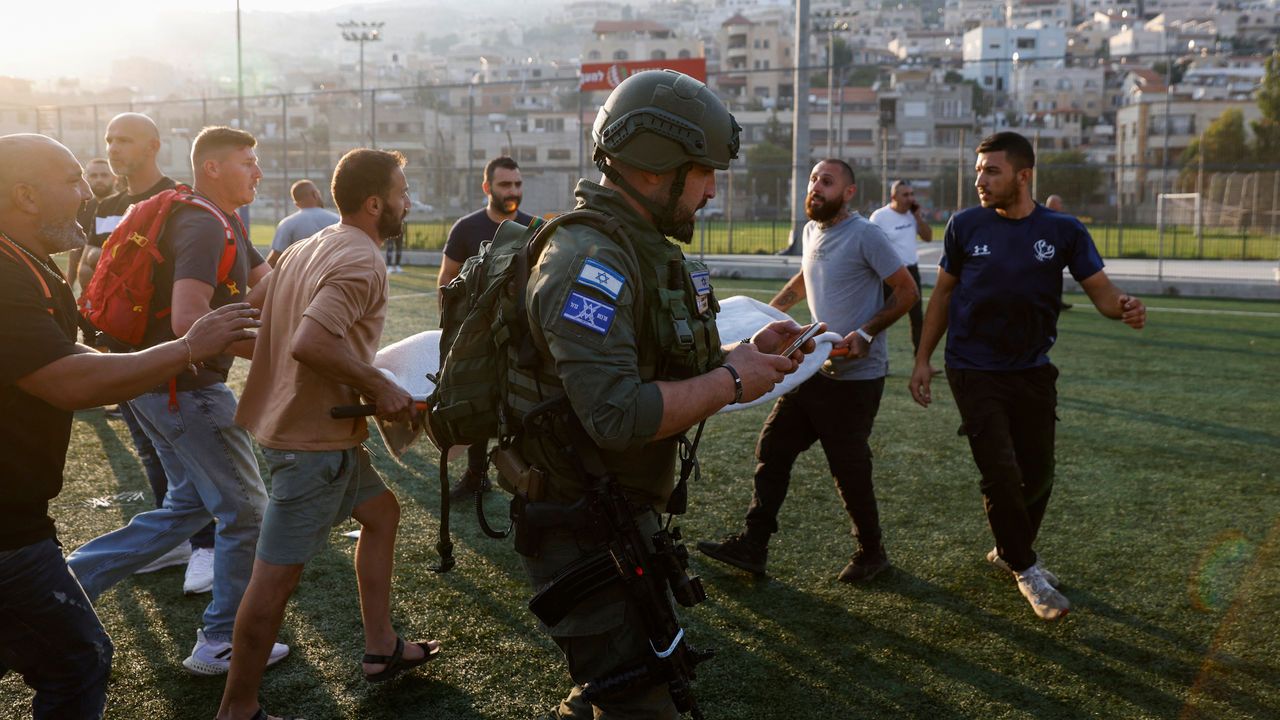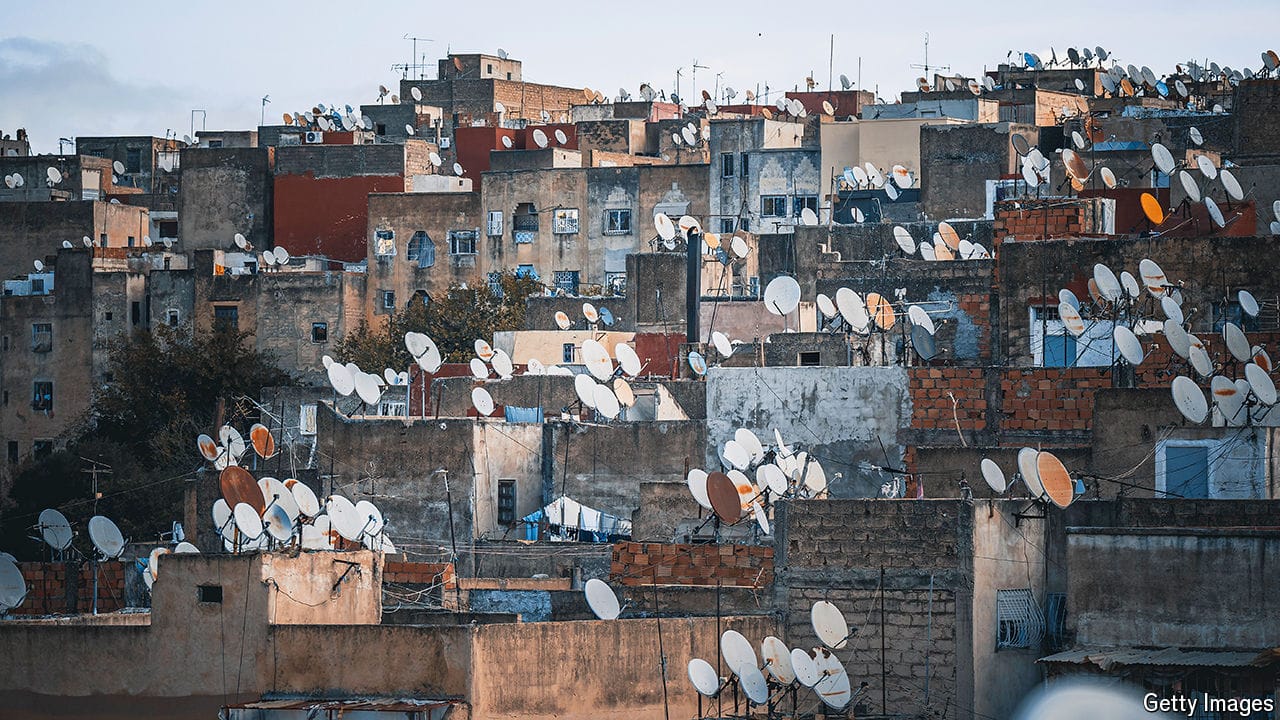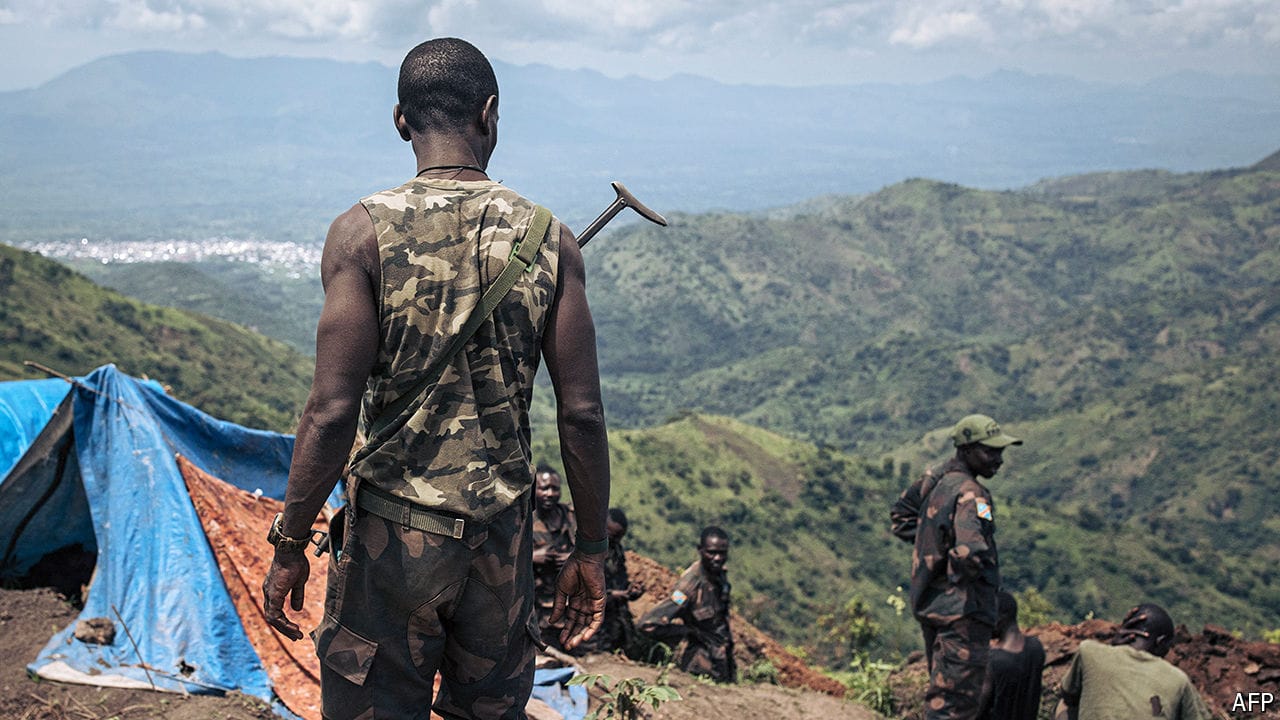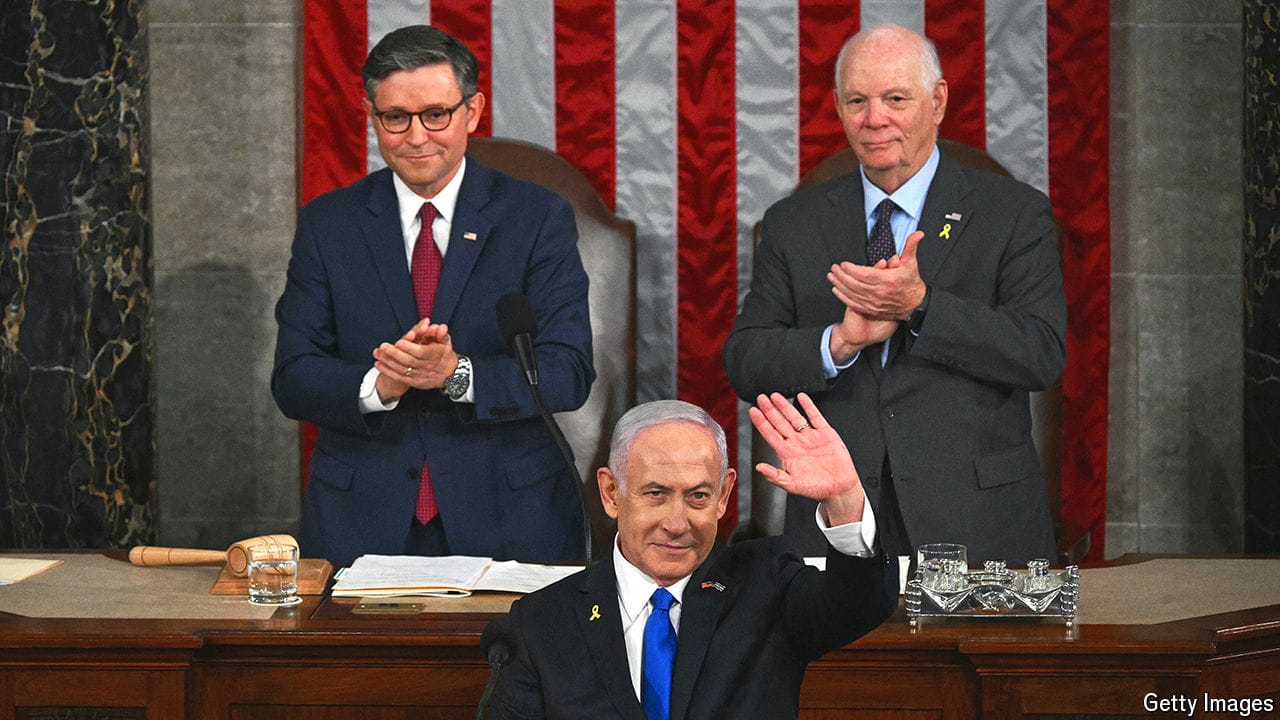Israeli retaliation in Lebanon seems inevitable
But it still wants to avoid all-out war against Hizbullah

FOR ALMOST ten months Israel and Hizbullah, a Lebanese Shia militia and political party, have stuck to unwritten rules in their low-intensity war. Both sides know their foe has fearsome firepower and so have tried to limit their strikes. They have aimed either for military targets or for evacuated border towns from which an estimated 150,000 civilians have fled.
On July 27th those rules were shattered. A rocket hit a football pitch in the town of Majdal Shams on the Golan Heights, killing 12 children and wounding dozens of others. It was the deadliest attack on Israel-controlled territory since October 7th, when Hamas, a Palestinian militant group, massacred some 1,200 people.
More from Middle East and Africa

Why the AI revolution is leaving Africa behind
Large infrastructure gaps are creating a new digital divide

Rwandan soldiers may outnumber M23 rebels in Congo
The prospect of dislodging the rebels is becoming dimmer

Bibi Netanyahu offered spectacle over substance in America
His fourth address to Congress was historic, but held few answers for Israelis
Israel and the Houthis trade bombs and bluster
For now, though, neither side is a strategic threat to the other
The world court says Israel’s occupation is illegal
But will the International Court of Justice’s ruling have any effect?
Africa’s surprising new age of rail
Sino-American tensions are playing out on the tracks